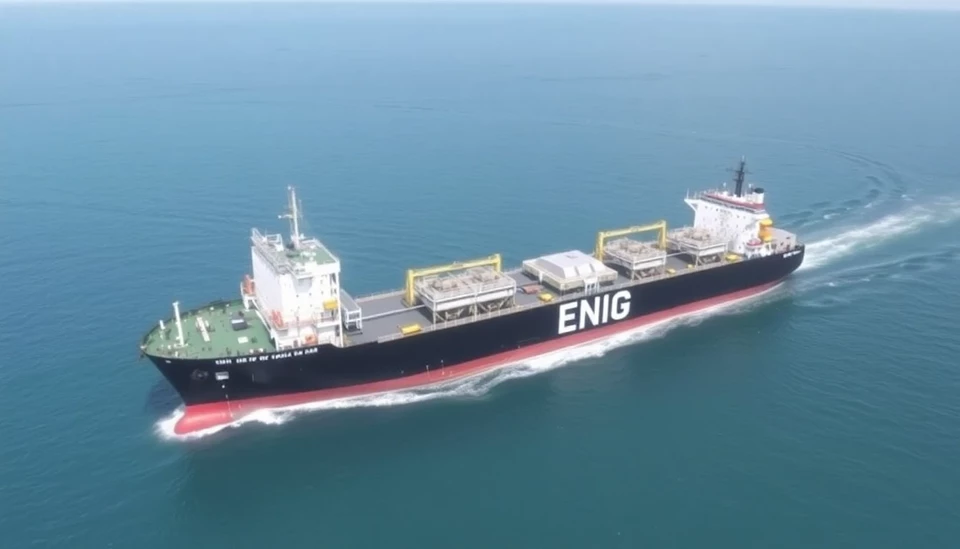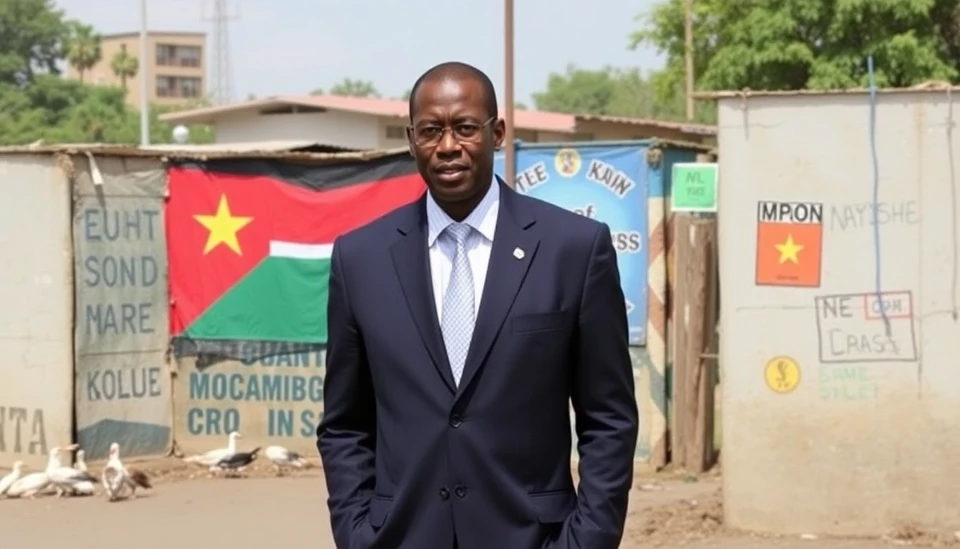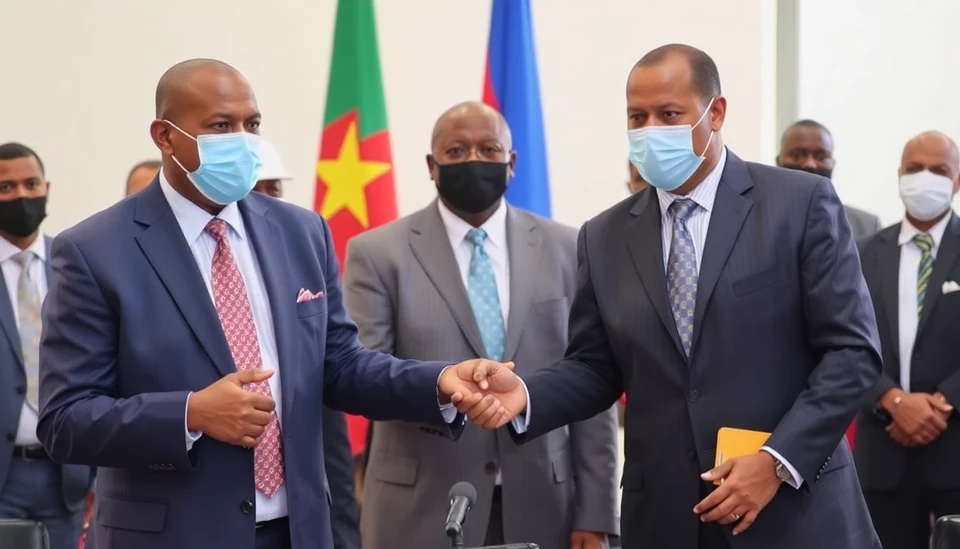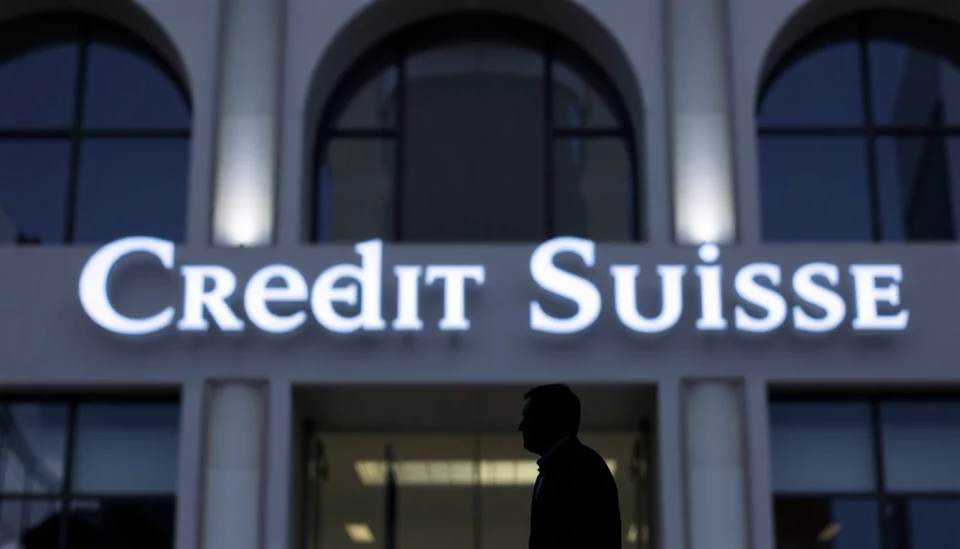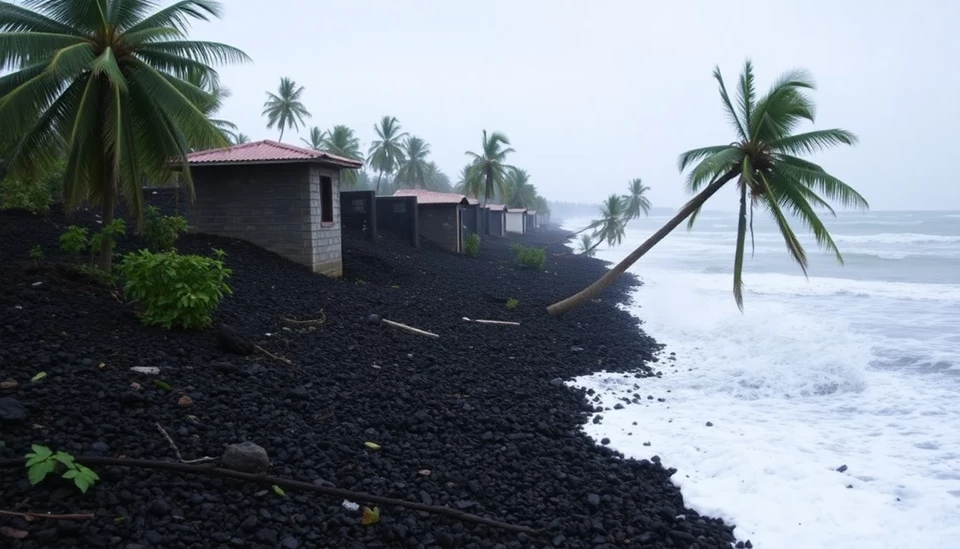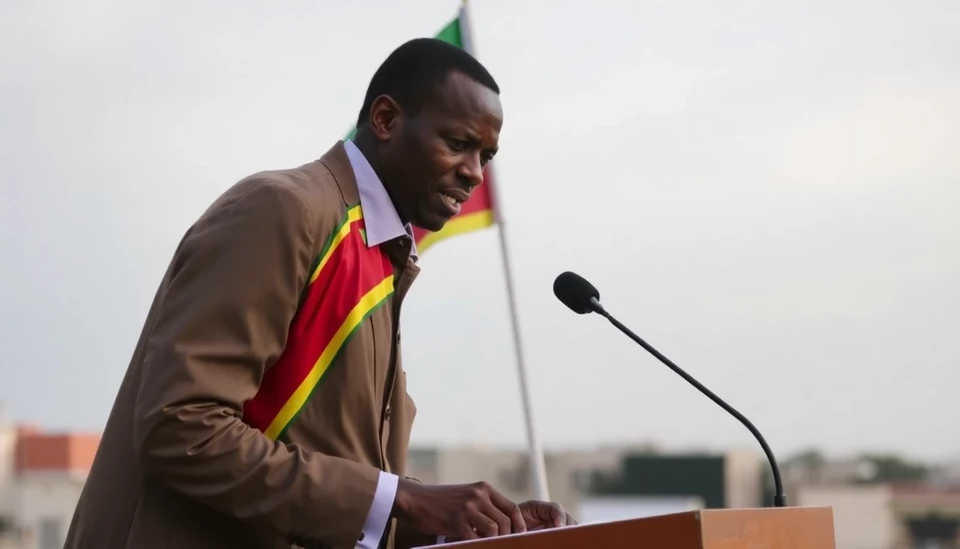
Mozambique has reported that it fell short of its revenue targets for 2024, missing them by a staggering 10%. This significant shortfall arrives in the wake of recent electoral disturbances that have left the country grappling with increased uncertainties. The government had anticipated a more robust financial performance, particularly driven by hopes for recovery in key sectors, but recent events have thrown those projections off course.
The decline in revenue is attributed to a combination of factors, primarily the unrest that surrounded the latest electoral process. As tensions escalated, the ability of the government to collect taxes and other revenues diminished. Historical patterns noted in Mozambique suggest that such political instability often correlates with significant financial obstacles, leading to a tightening of post-election fiscal measures.
Industry experts and financial analysts have highlighted that the political climate, marked by the fallout from the elections, has deterred foreign investment, further exacerbating the income shortfall. Investors seek stable environments, and the unrest has led to a reluctance on their part to commit to new ventures in Mozambique, which is home to vast natural resources that have remained untapped due to these ongoing issues.
In addition to the revenue target miss, there are concerns regarding the government’s planned budget allocations. With the current financial landscape resembling a tighter squeeze, there is speculation that social programs and critical infrastructure projects may face cuts. Government officials are expected to engage in emergency discussions to reassess budget priorities, ensuring that essential services do not suffer amid fiscal constraints.
Furthermore, analysts believe that without prompt measures to stabilize both the economy and the political environment, Mozambique could find itself in an even worse position heading into the upcoming fiscal year. The government has a pressing need not only to address immediate funding gaps but also to establish a long-term strategy that could restore confidence among investors and citizens alike. This strategic approach may involve enhancing transparency in governance, addressing the grievances that led to unrest, and fostering dialogue with various stakeholders.
As Mozambique navigates these turbulent waters, international observers and local residents alike will be closely monitoring the government's next moves. Efforts to stabilize the economy will be crucial to winning back the trust of the population and the international community, with hopes for a recovery hinging on the successful resolution of the country's political issues.
Ultimately, Mozambique's situation serves as a cautionary tale about the intricate relationship between governance, public sentiment, and economic health. The unfolding events in the coming months will be pivotal in determining whether the nation can rebound from this setback or if it will succumb to ongoing instability.
#Mozambique #Elections #Revenue #Shortfall #PoliticalInstability #ForeignInvestment #BudgetCuts
Author: Daniel Foster
